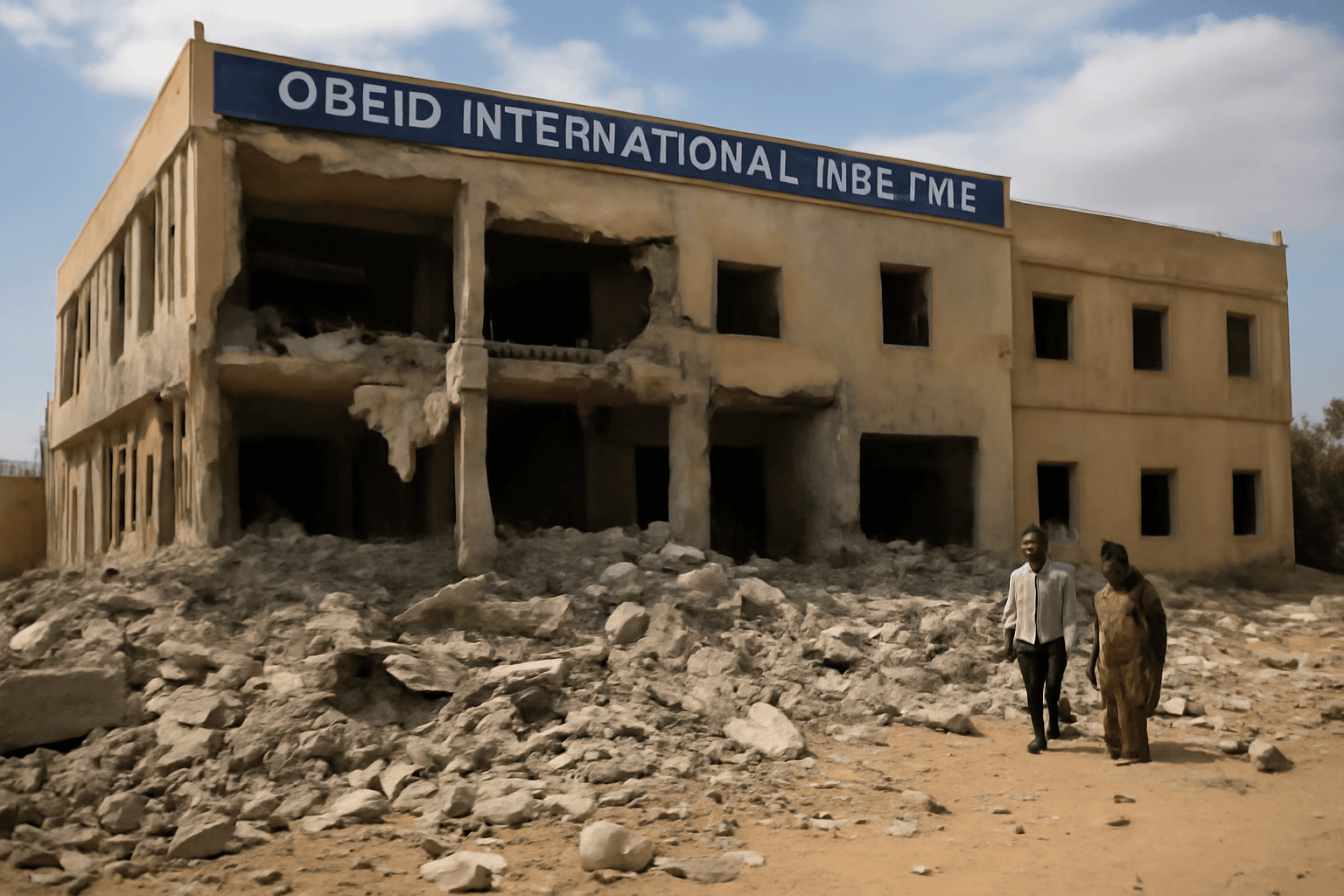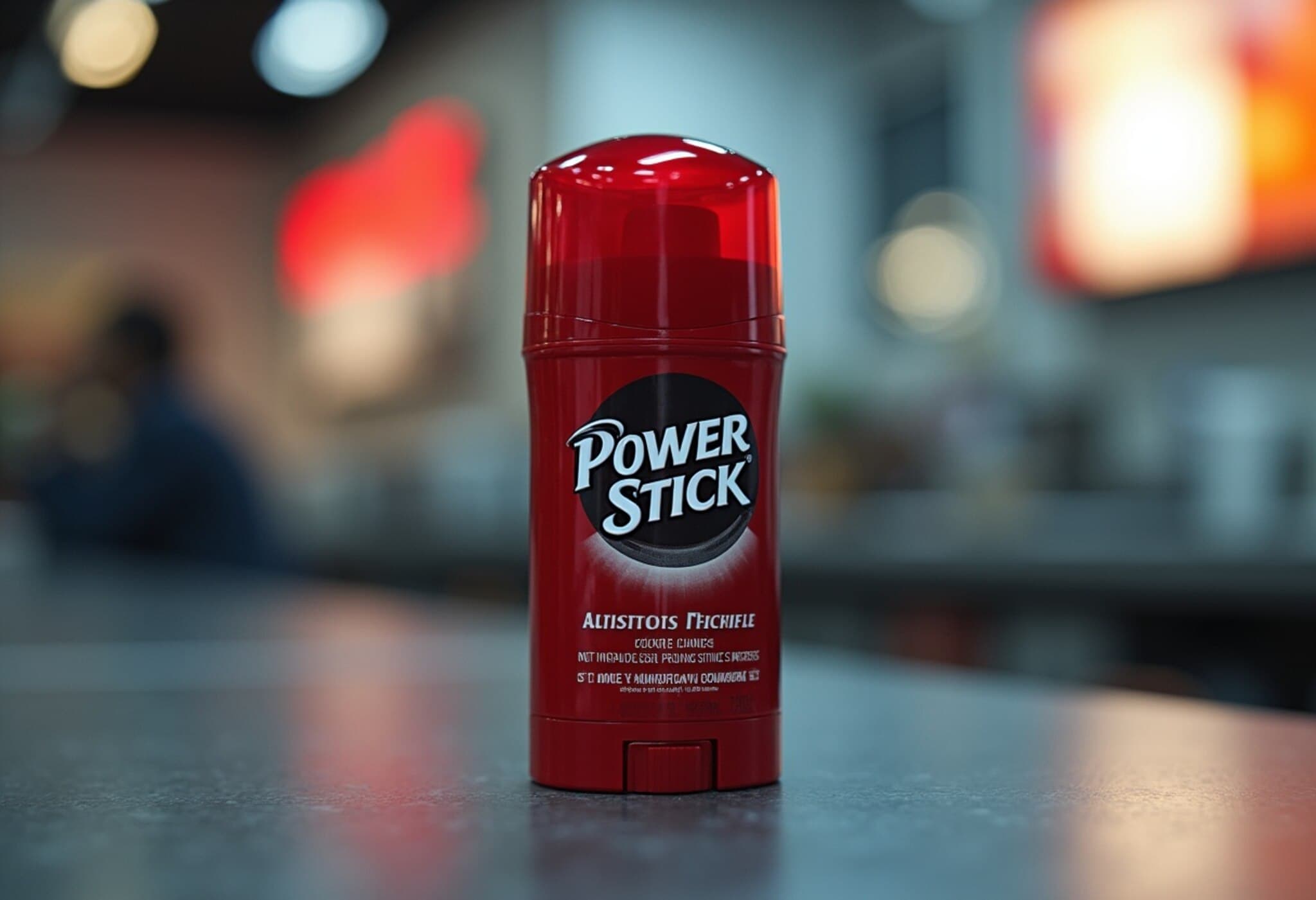Advancements in Multiple Myeloma Treatment
Multiple myeloma, a blood cancer historically deemed incurable, may now have a promising new treatment option. A recent clinical trial involving an immunotherapy approach has demonstrated unprecedented outcomes, with nearly one-third of patients maintaining remission for over five years after treatment.
Clinical Trial and Patient Outcomes
The study enrolled 97 patients suffering from advanced multiple myeloma, all of whom had exhausted standard treatment options and were facing limited survival prospects, often under a year. These patients received a novel immunotherapy known as CAR-T cell therapy, specifically developed by a biotechnology company and funded by a major pharmaceutical corporation.
Remarkably, approximately 33% of participants exhibited no detectable cancer following treatment. This sustained remission has persisted for more than five years, marking a milestone never before achieved in this patient population.
Understanding Multiple Myeloma
Multiple myeloma attacks plasma cells in the bone marrow, weakening bones and leading to painful fractures and height loss. Despite improvements over recent decades that increased median survival from two to ten years, the disease has remained incurable, with patients ultimately succumbing after repeated treatment failures.
Mechanism of CAR-T Cell Therapy
CAR-T therapy involves extracting a patient's own white blood cells and genetically engineering them to target and destroy cancer cells more effectively. While highly effective in certain blood cancers like leukemia, applying CAR-T to multiple myeloma posed significant challenges due to the disease's complex biology and patient immune system degradation from prior therapies.
The innovative CAR-T treatment used in this trial demonstrated the ability to eliminate cancer cells in a subset of heavily pretreated patients, despite prior skepticism about its potential efficacy in this context.
Clinical and Economic Considerations
While the treatment offers hope, it comes with notable side effects, including fever, respiratory difficulties, and infections, often requiring prolonged hospital stays. Additionally, cost considerations are substantial. The immunotherapy branded as Carvykti carries a list price of approximately $555,310, though it is administered as a one-time treatment, compared to ongoing therapies costing hundreds of thousands annually.
Patient Perspectives
Patients like Anne Stovell, who underwent nine prior therapies before receiving this treatment, highlight the profound impact of this advancement. Despite enduring nearly three weeks of hospitalization during therapy, she has experienced no cancer recurrence in six years, an outcome that was previously unimaginable given her prognosis.
Expert Insights and Future Directions
Leading oncologists now cautiously discuss the possibility of curing multiple myeloma, a concept unheard of until recently. Current research is exploring the application of this immunotherapy earlier in treatment lines, with hopes of improving cure rates and reducing long-term disease burden.
Continued investigation and broader clinical application may transform the landscape of multiple myeloma treatment, offering lasting remission or cure for many patients.












